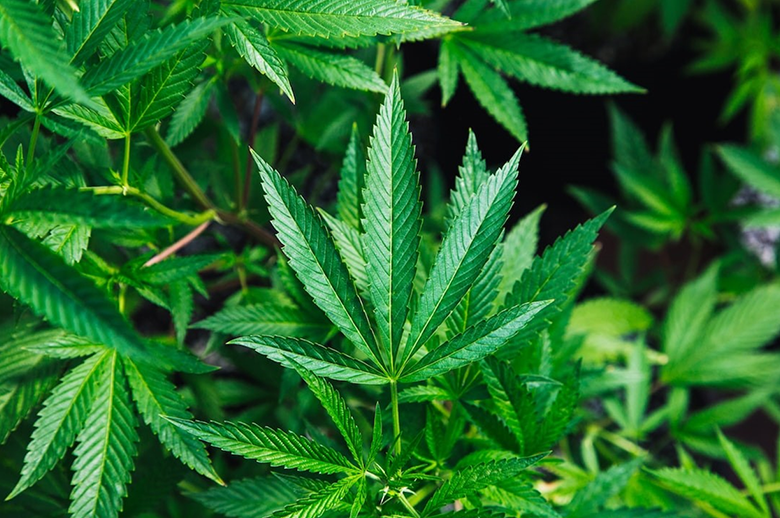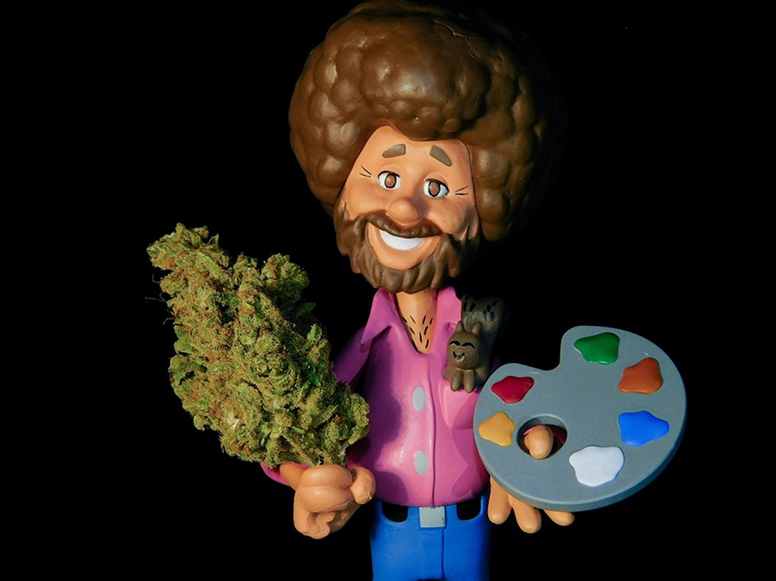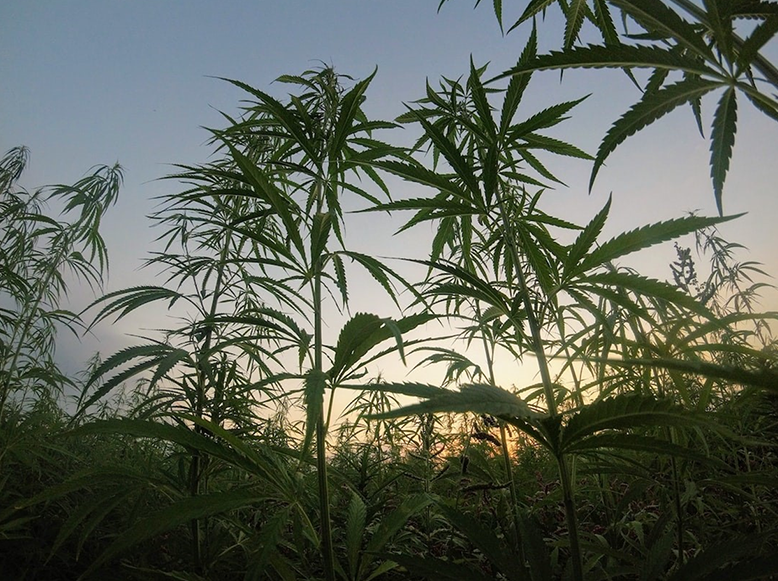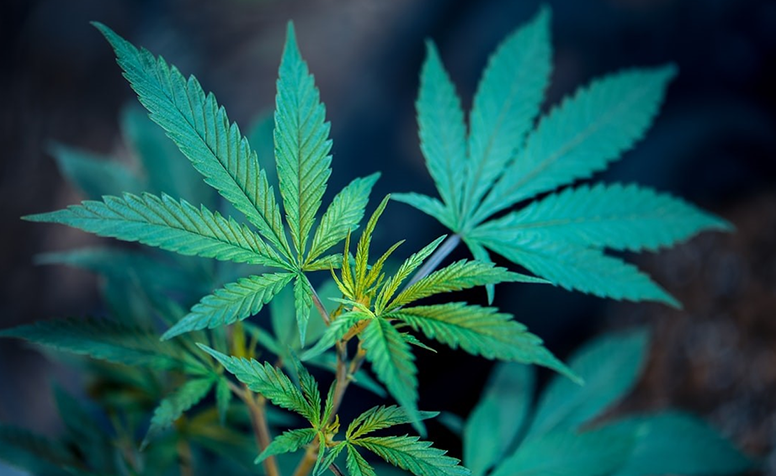101 Everyday Ways To Use The Hemp Plant
The history of hemp
For many people, the hemp plant is best known for its use in making CBD products. But did you know that the hemp plant has a long and rich history dating back thousands of years? In fact, the hemp plant has been used in a variety of ways throughout the centuries. From making rope and paper to being used in beauty products and even as a food source, the hemp plant has a lot to offer.
Keep reading to learn about 101 different ways you can use the hemp plant in your everyday life!

What is hemp?
Hemp is a type of strain of the Cannabis sativa plant, the same species of plant that is used to make marijuana. Hemp is cultivated for its many practical uses, such as fabric, rope, paper and insulation. Hemp is low in THC, the compound that produces marijuana’s psychoactive effects, so it is not used to get high.
Hemp contains many different compounds that have a range of potential health benefits. These compounds include terpenes, flavonoids, and cannabinoids such as CBD, CBC, CBG and CBN. Hemp is also a nutritional powerhouse, containing essential fatty acids, protein, and phytonutrients.

The many uses of hemp
Hemp has become increasingly popular for commercial use, thanks to its many applications across a variety of industries. The hemp plant can be used to produce a range of products, from cosmetic to industrial.
Here are some of the many everyday uses of the hemp plant:
- Fabrics and Clothes: Hemp materials can be used to create a wide range of fabrics,including T-shirts and other clothing items. Hemp fabric is strong, durable, and a sustainable alternative to traditional fabrics.
- Building Materials: Hemp can be used to create strong and durable varieties of building materials, such as insulation, flooring, drywall, fiber boards, and roofing.
- Rope and Twine: Hemp is an incredibly strong fiber that can be used to make durable and flexible twine and rope.
- Cleaning Supplies: Hemp fibers can be used to make biodegradable and eco-friendly cleaning supplies, such as sponges and scrubbers.
- Paper: Hemp fibers can also be used to make high-quality paper that is more durable and longer lasting than traditional paper.

How to use hemp in your everyday life
The hemp plant can be used in many aspects of our everyday lives, from personal hygiene to pet nutrition. Here are a few of the ways to use hemp in your everyday life:
- Dietary Supplements: Hemp seeds, oil, and protein powder are a popular and versatile addition to a balanced diet. They are packed with essential fatty acids and proteins that are great for boosting your overall health and wellness.
- Beauty Products: Hemp oil and other plant-based extracts can be used in a range of beauty products, such as moisturizers, lip balms, and cosmetics. Hemp oil is rich in antioxidants, which can help to reduce signs of aging, as well as promoting healthy skin.
- Pet Products: Hemp can be used in pet products to keep your furry friends healthy and happy. Hemp-derived ingredients can be found in pet foods, treats, and supplements.
- Green Cleaning: Hemp oil and other hemp-based ingredients can be used to create eco-friendly cleaning products that are safe to use in your home. These products are often made from natural ingredients and do not contain harsh chemicals.
- Home Decor: Hemp is an incredibly versatile natural fiber that can be used to make a variety of home furnishings, from curtains and rugs to bedding and pillows.

The benefits of using hemp
Hemp is a versatile and sustainable plant that offers many benefits to its users. Here are five of the benefits of using hemp:
- Renewable Resource: Hemp is a renewable resource, and its cultivation is much less harmful to the environment than cultivating other crops. This can help reduce the carbon footprint of those who utilize hemp.
- Cost-Effective: The hemp plant is less expensive to grow and process than some other crops or materials, making it a more cost-effective option for both businesses and consumers.
- Biodegradable: Hemp is a biodegradable material, and any products made from hemp fibers can be broken down easily without causing harm to the environment.
- Versatile: Hemp can be used in many different ways and is perfect for making everything from clothing and bedding to supplements and beauty products.
- Sustainable: Hemp is a sustainable crop and requires less water and fewer pesticides than traditional crops. This makes it a more environmentally friendly option for those who are looking for green alternatives.

The drawbacks of using hemp
Although hemp offers many benefits, it also has some drawbacks that should be considered before committing to using the plant. Here are a few of the cons of using hemp:
- Initial Cost: Growing hemp requires a much larger initial cost than traditional crops and requires special equipment. As a result, it can be cost prohibitive for some individuals or businesses.
- Processing Cost: Processing hemp-based materials can also be costly if you don’t have the right equipment.
- Availability: Hemp seeds and plants are not widely available, so it may be hard to find the right materials and resources.
- Legal Issues: Growing and selling hemp is still regulated by the government and maybe difficult to comply with in some areas.
- Difficult to Harvest: Hemp plants are difficult to harvest and usually require more manual labor than traditional crops.
Considering the pros and cons of using hemp can help those looking to utilize this plant make more informed decisions.

Is hemp right for you?
Now that the drawbacks of using hemp have been discussed, the question you or your business likely wants to know is whether or not hemp is right for you. To best answer this question, you will need to assess your individual situation and goals.
Hemp can be a great choice if you are looking to create an environmentally friendly product or seeking a durable material with a other uses such as insulation, paper, clothing, and more. Hemp’s versatility makes it a great choice for businesses looking for something unique.
However, if you don’t have access to hemp seeds or don’t have the financial means to invest in equipment for harvesting, then hemp may not make sense for your business. It’s important to do the research and examine both the benefits and drawbacks of using hemp before committing to it.
101 every day uses for the hemp plant
Without further ado, here are 101 everyday uses for hemp:
- Clothing
- Rope
- Paper
- Biofuels
- Building materials
- Textiles
- Food products
- Supplements
- Cosmetics
- Medicines
- Fuel for cooking
- Industrial lubricants
- Paints and varnishes
- Animal bedding
- Composting material
- Soil stabilization
- Mulch
- Insect repellent
- Soap
- Shampoo
- Conditioner
- Lip balm
- Sunscreen
- Moisturizer
- Body wash
- Toothpaste
- Mouthwash
- Pet food
- Birdseed
- Cat litter
- Horse bedding
- Fish food
- Bird cages
- Beekeeping
- Hydroponic gardening
- Fertilizers
- Inks
- Dyes
- Textile printing
- Carpeting
- Upholstery
- Wallcoverings
- Draperies
- Furniture
- Mattresses
- Cushions
- Pillows
- Bed linens
- Towels
- Tablecloths
- Napkins
- Rugs
- Woven baskets
- Lampshades
- Jewelry
- Handbags
- Backpacks
- Shoes
- Hats
- Belts
- Wallets
- T-shirts
- Hoodies
- Jackets
- Jeans
- Shorts
- Skirts
- Dresses
- Suits
- Ties
- Socks
- Underwear
- Bras
- Swimwear
- Sports gear
- Yoga mats
- Exercise equipment
- Fishing nets
- Tennis strings
- Guitar strings
- Drumsticks
- Instrument cases
- Audio speakers
- Microphones
- Amplifiers
- Headphones
- Vinyl records
- CDs
- DVDs
- Blu-ray discs
- Computer mice
- Keyboards
- Printers
- Scanners
- Photocopiers
- Fax machines
- Office furniture
- File cabinets
- Paper clips
- Staplers
- Pencils
